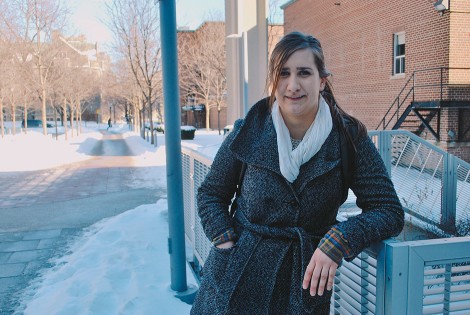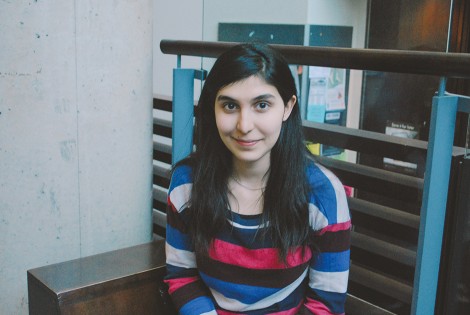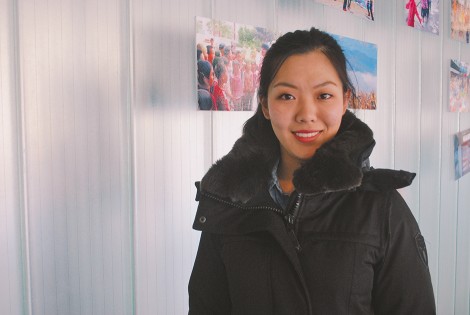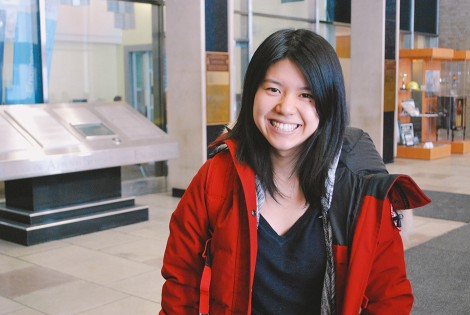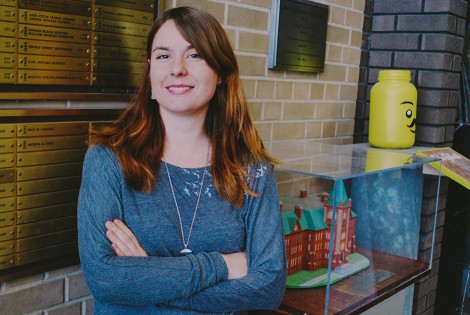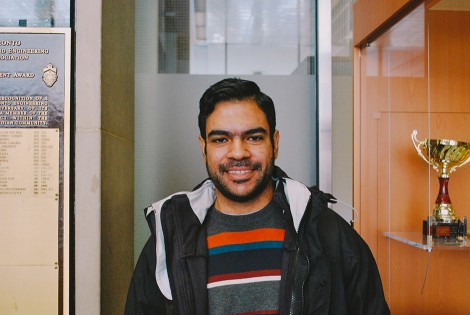The University of Toronto is now home to the largest percentage of female engineers in their first year of study in Ontario: 30.6 per cent. The Varsity took to campus to ask students for their thoughts on the record-breaking news. ALL PHOTOS BY MAYA WONG.
Kanishk Chadha
Second-year, industrial engineering
“The progress made so far in the engineering faculty to increase the number of women is pretty strong, but, however, a lot more has to be done.”
First-year, life sciences
“My sister wanted to do science [medicine], but my parents made her do humanities… in my culture — my country — girls have to get married early. I’m against that. Girls should be able to follow their dreams.”
Fourth-year, engineering science
“It’s great that we have a higher enrollment of women in engineering this year than ever. Our school system is rather awesome for the lack of sexism. My male colleagues and professors have been nothing but supportive and not really caring about gender. I think there’s more of an issue in workplaces with some of the older men and antiquated ideas, but we’re definitely moving forward and getting closer to where we should be.”
First-year, computer engineering
“I’m in computer engineering and that has the lowest amount of girls in any engineering discipline and I think that’s because a lot of people get the wrong idea about engineering. Girls always say that they want to make a difference and help people in their jobs but they don’t realize that that’s what engineering is… I hope to see more females in engineering and I’m glad to see that we have the highest number, because it will hopefully inspire more girls to join us!”
Second-year, electrical engineering
“I entered engineering because I like it. I liked it in high school — I had a few electrical projects and I like, specifically, electrical engineering. And I think women are as smart as men.”
Second-year, international relations and political science
“I think the number itself can be sometimes deceiving. The more important thing is how many more women have enrolled this year, comparing to the past.”
Second-year, civil engineering
“For female students to go into this field, you have to be better at math, and you have to be more analytical and logical, so maybe that might be one of the reasons that it’s more difficult.”
PhD Candidate, civil engineering
“It’s exciting to hear that we have a record-breaking number of female engineers in first-year this year. I think that we’re also going to have to start thinking about how those women are going to transition into [the] industry because having worked in [the] industry myself, there’s still a pretty major disparity.”
PhD Candidate, electrical engineering
“In my opinion [that] there is a low percentage of women in engineering is the nature of jobs offered, in general. For example, if you consider the field of construction, it might require some presence on-site and a lot of stress and workload and maybe even managing [a] large group of workers… Also, the other point that I noticed is that we have a large percentage of girls in the first year but then the percentage decreases…”




